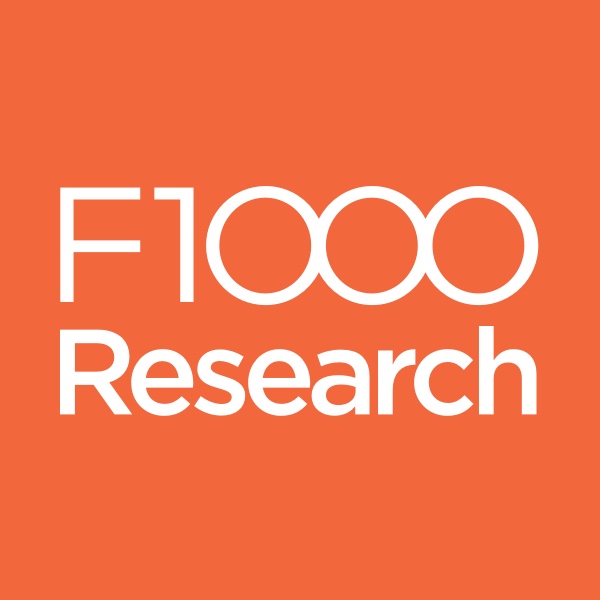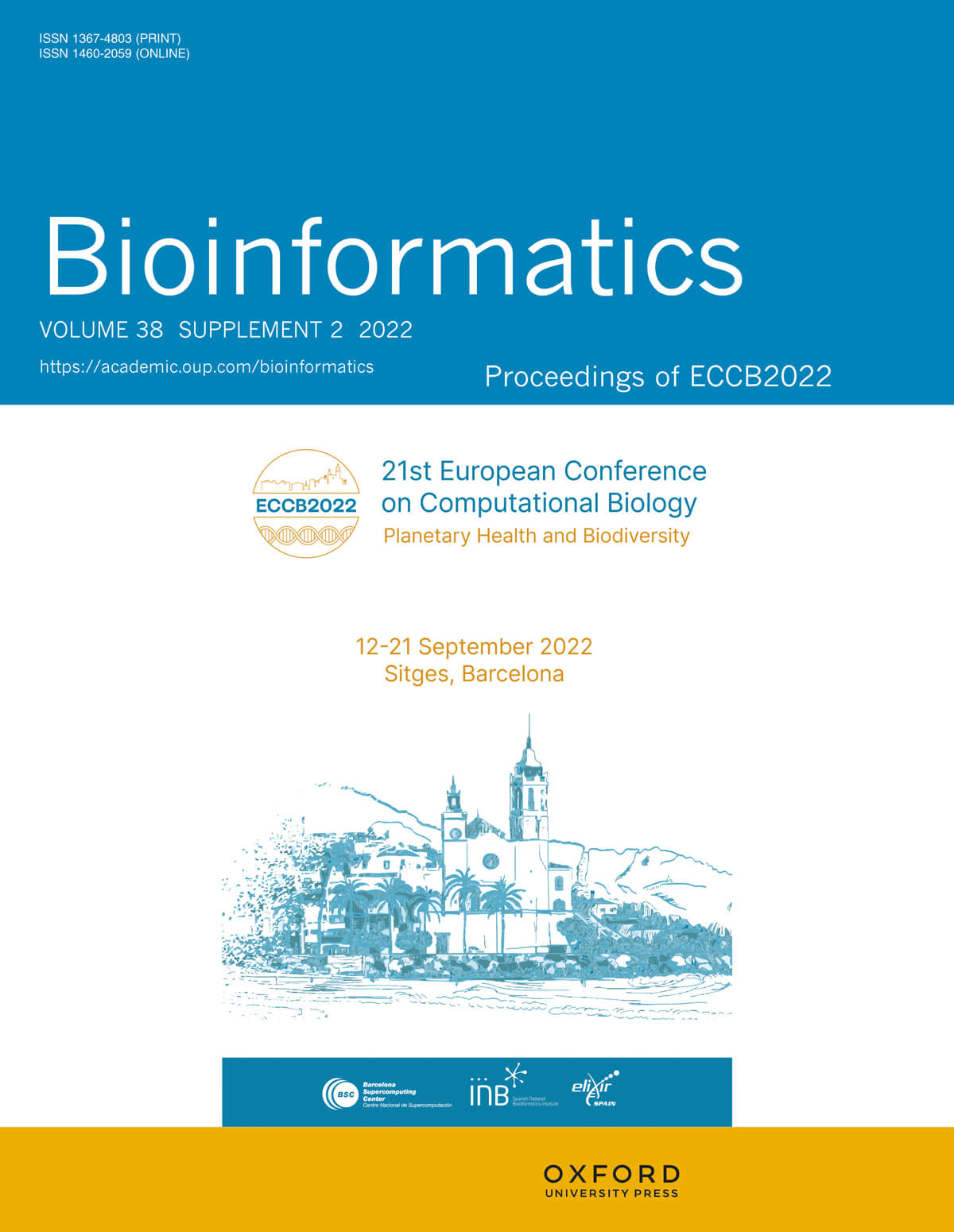21st European Conference
on Computational Biology
Planetary Health and Biodiversity
12-21 September 2022
Sitges, Barcelona
Many thanks to all participants, presenting authors, (co)chairs, sponsors, volunteers and organisers for making ECCB2022 a success!
Sessions’ videos
The recordings of all ECCB2022 sessions are available at the ISCB.tv Youtube public channel
Book of abstracts
Abstracts of the talks and the posters presented at ECCB2022
Proceedings of ECCB2022
The conference proceedings are published as an electronic special issue from the journal Bioinformatics - Oxford University Press, published in September 2022.
Welcome
The Spanish National Bioinformatics Institute (INB/ELIXIR-ES) and the Barcelona Supercomputing Center (BSC) welcome you to the city of Sitges (Barcelona, Spain) to participate in the 21st European Conference on Computational Biology (ECCB2022) under the motto Planetary Health and Biodiversity.
ECCB2022 in numbers
892 In-person participants
180 Virtual participants
99 Talks
533 Posters
7 Tutorials
12 Workshops
22 Volunteers
Participants joining from 55 countries
Uncountable amount of new ideas

